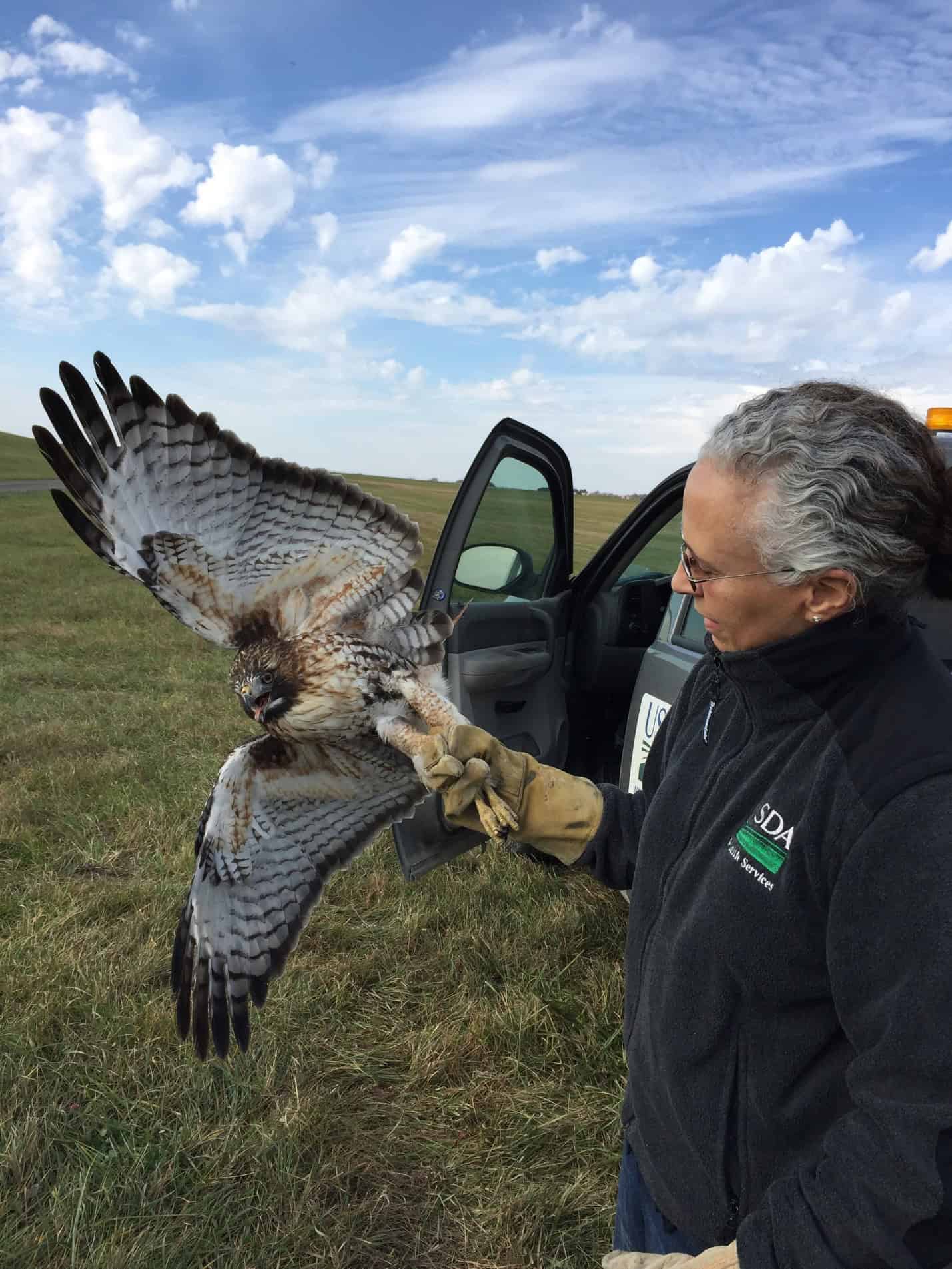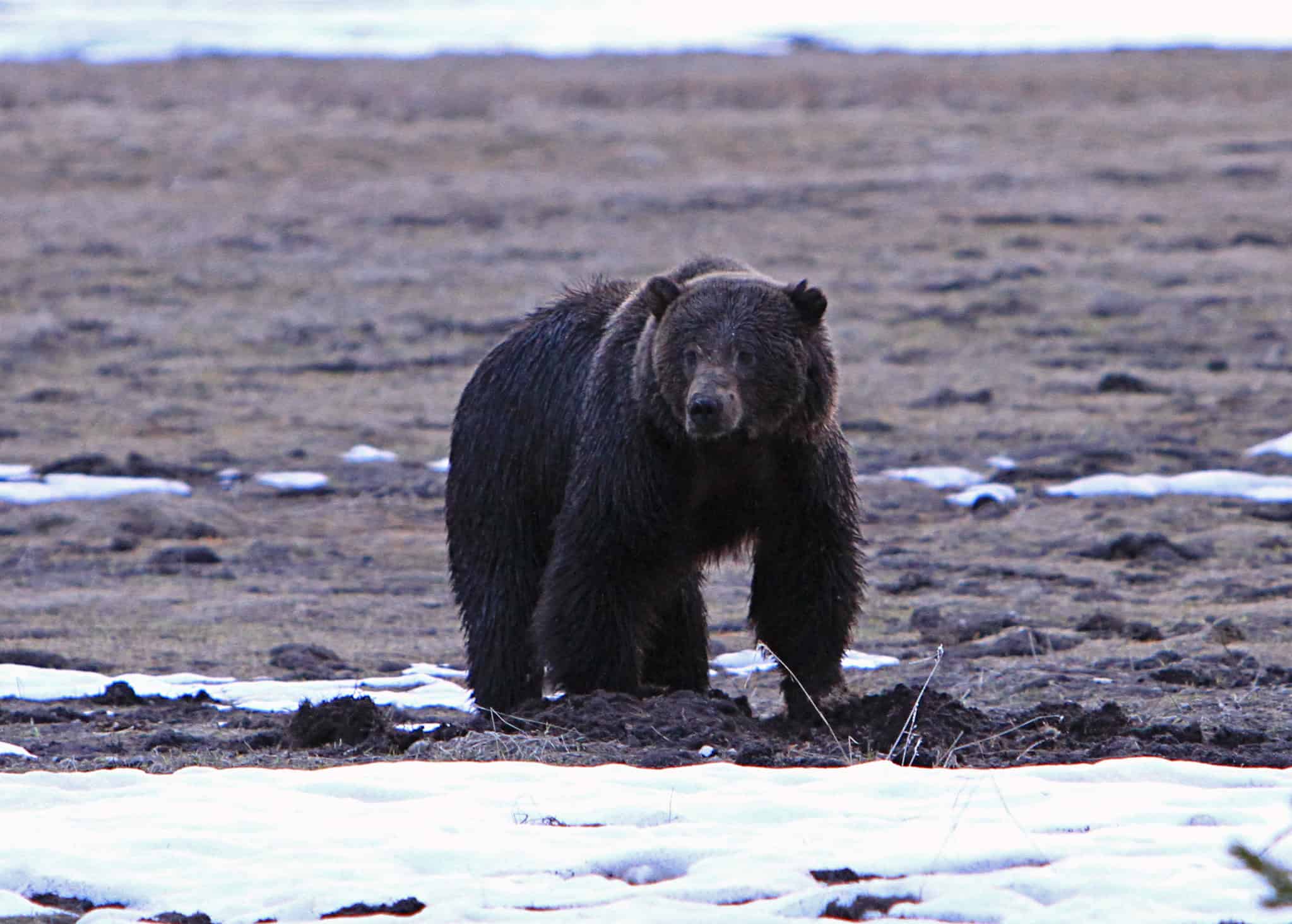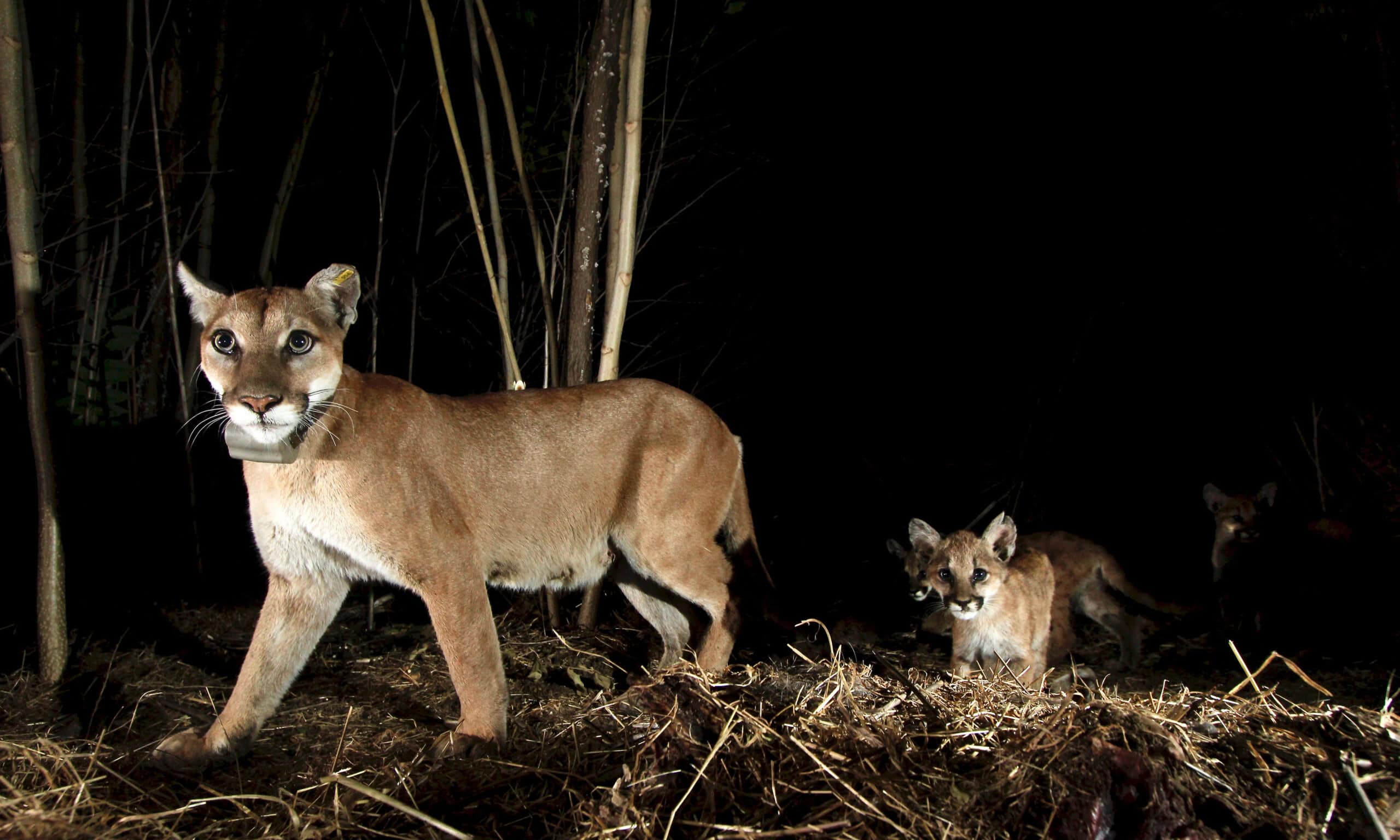Share this article
Research Assistantships Available for Native Americans
The U.S. Forest Service (USFS), Premier Partner of The Wildlife Society, is sponsoring a research assistantship program for Native American students. This is the second year for the program, which will facilitate mentoring opportunities for USFS Research & Development (R&D) scientists with the students and promote student advancement and training for careers in natural resource and conservation-related fields. The USFS uses an ecological science-based approach to make informed decisions on the multiple-use management of the National Forests and Grasslands.
A short-term assistantship is available for Native American students interested in wildlife and forest resources and excited to learn and work with an interdisciplinary team of researchers. Applicants must be a member of an American Indian or Alaska Native tribe, First Nations, or a Native Hawaiian or Pacific Islander, or have some other indigenous identification, and be currently enrolled in an undergraduate or graduate program from an accredited academic institution. A bachelor’s or master’s degree in wildlife biology, ecology, forestry or other closely related natural resource discipline is preferred. Students with Associates degrees from TCUs or other community colleges will be considered.
Potential project topics include:
- Interrupting the disease cycle of Psuedogymnoascus destructans (Pd): Leveraging knowledge of disease and treatment dynamics to design integrated disease management strategies
Project Objectives: Evaluate metabolic changes and disease progression (White-nose syndrome) from initial appearance of conidia on bats (swarming) through treatments; and assess post-hibernation survival, fitness and reproductive success.
Location, Estimated Duration, and Housing: Missouri, Michigan, or Tennessee. Assistantship will last for three consecutive months within the timeframe of January 2, 2016 to July 1, 2016. Known housing is currently uncertain and would need to be determined through information sharing between the student and a USFS representative. Many housing options are available in the area.
- Monitoring bat populations and sharp tail grouse habitat during a barrens ecosystem restoration project
Project Objectives: Assist ongoing research-management partnerships to: (1) Record and analyze acoustic activity of bat species across the forest and (2) collect baseline vegetation data prior to prescribed fire and brushing treatments in a large-scale barrens restoration effort. Vegetation will include important cultural plants, and measuring structure of existing habitat as it relates to sharp tail grouse habitat management.
Location, Estimated Duration, and Housing: Wisconsin. Assistantship will start no sooner than May 15, 2016 and finish no later than August 31, 2016. Housing is uncertain. Attempts will be made to find federal housing near study areas; however, this housing is extremely limited and given to USFS employees first. If available, the student would have to pay bunk rates. If housing is not available, the PIs will work with the student to find affordable housing in the area.
- Assessment of wildfire risk in treated and untreated Mexican spotted owl (Strix occidentalis lucida) territories on tribal lands
Project Objectives: High severity, stand-replacing wildfire is currently the primary threat to Mexican spotted owl (MSO) nesting and roosting habitat in southwestern forested landscapes. The primary objectives of this project are as follows: (1) Identify the composition of fuel loading in treated and untreated MSO breeding territories, (2) identify the degree to which wildfire risk is reduced in MSO territories that have experienced moderate to low intensity silvicultural treatments, (3) identify general trends regarding the spatial arrangement of wildfire risk around MSO nest sites, and (4) correlate MSO occupancy and reproduction rates to fuel loading and wildfire potential within breeding territories.
Location, Estimated Duration, and Housing: New Mexico. This internship is on a flexible schedule and we can work with the student on developing exact dates for work. However, we would like to plan for three consecutive months within this timeframe: starting no sooner than May 1, 2016 and ending no later than Sept 30, 2016. Local USFS housing is available in Ruidoso and possible tribal housing could be available. Details need to be determined.
- Examining long-term changes in stream habitats on Dzil Ligai Sian (Mt. Baldy)
Project Objectives: The immediate objective is to evaluate changes in aquatic wildlife habitat in streams on Dzil Ligai Sian (Mt. Baldy), the ecologically and culturally preeminent peak of White Mountain Apache tribal lands. These streams are the ancestral habitat of the Apache trout and other plants and animals of cultural significance and rarity. This information will help to understand current conditions and potential impacts of fires and climate change. Such information can guide restoration and conservation efforts by determining which reaches are vulnerable and which are resilient. A mid-term objective is to build tribal capacity to evaluate changes in these critical habitats owing to climate change, wildfires, and other stressors.
Location, Estimated Duration, and Housing: Arizona. Assistantship will start in April or May 2016 and last for approximately 18-22 weeks. Housing is uncertain and depends on the assistant.
- Climate change impacts on recruitment/ dispersal of native Hawaiian stream fauna
Project Objectives: Use a naturally occurring rainfall gradient on Hawaii Island to see how a future warmer and drier Hawaii will impact recruitment and dispersal of native goby (Lentipes concolor, Awaous stamineus, Sicyopterus stimpsoni, Stenogobius hawaiiensis, Eleotris sandwicensis) and shrimp (Atyoida bisulcata) larvae.
Location, Estimated Duration, and Housing: Hawaii. Assistantship will start during Summer 2016. The student must identify, secure and pay for his or her own housing.
- Combining Cutting-Edge Genetic Technology and Traditional Ecological Knowledge to Assess and Monitor Wolverine Distribution on the Flathead Indian Reservation
Project Objectives: (1) Aide in the STEM education of Confederated Salish and Kootenai Tribal students and (2) help delineate the distribution and assess gene flow changes of wolverine throughout the entire U.S. Rocky Mountains. The Confederated Salish and Kootenai Tribes are participating in the field component of this effort.
Location, Estimated Duration, and Housing: Montana. Assistantship will start during Summer 2016. The student must identify, secure and pay for his or her own housing.
The appointment is for 3 to 5 months within the 2016 calendar year, depending on the project. Starting dates are negotiable within the context of the seasonality of the research topics. For more information and instructions on how to apply, please download an application form. The deadline for applications is October 26, 2015.
The USFS is a Premier Partner of TWS.
Header Image: @USFS








